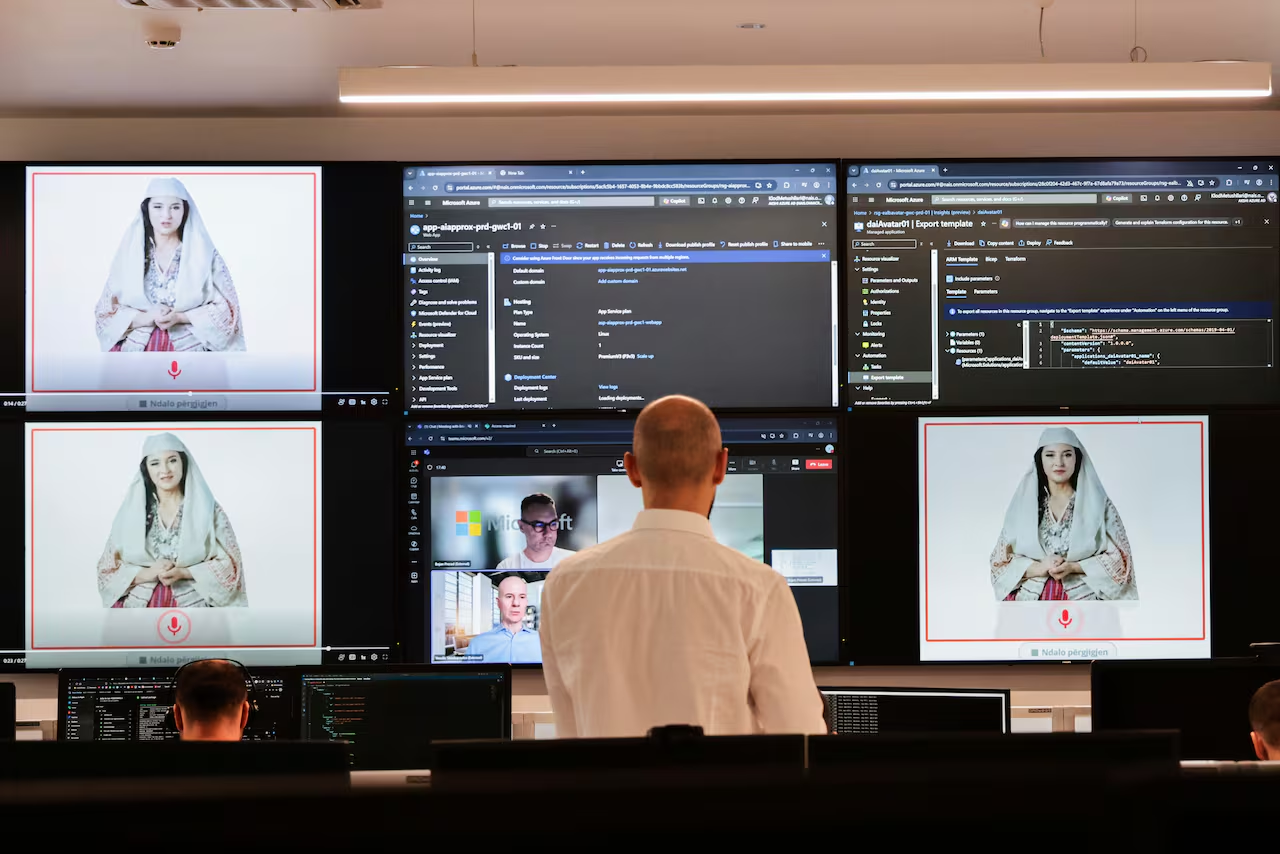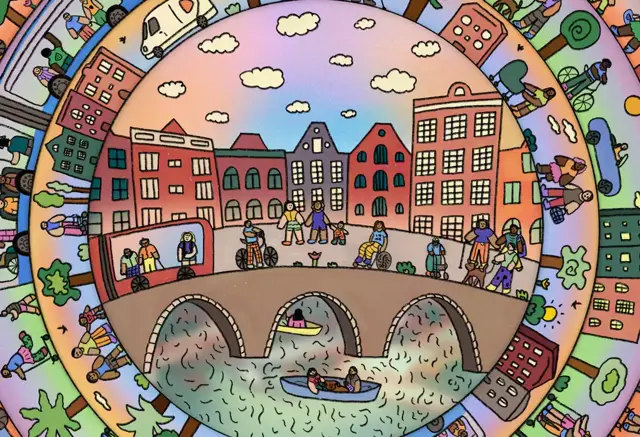June 8
New AI model ‘Aurora’ promises breakthrough in disaster forecasting
An international research team including UvA scientists has introduced Aurora, a powerful AI model that dramatically improves forecasting for air quality, ocean waves, and extreme weather events.
As the climate crisis intensifies, with extreme weather events becoming more frequent and severe, researchers are searching for faster and more reliable forecasting tools. Aurora, a new AI model developed by Microsoft Research AI for Science in Amsterdam and Cambridge, and involving experts from the University of Amsterdam, offers a transformative approach.
Aurora leverages a 1.3 billion parameter foundation model trained on over a million hours of Earth system data. According to UvA researcher Max Welling, the model sets a new benchmark in environmental forecasting by significantly outperforming traditional methods in both accuracy and efficiency.
Aurora achieves:
74% improved performance in air quality forecasting
86% superiority over numerical ocean wave models
100% success rate in outperforming existing cyclone prediction centres
92% accuracy in high-resolution weather forecasting during extreme events
One of Aurora’s major advantages is accessibility. Traditional forecasting models require expensive infrastructure and supercomputing power. Aurora, however, offers fast, high-quality predictions using far fewer resources—making it a viable tool for smaller weather services and countries in the Global South.
“This kind of acceleration allows engineering teams to build local solutions in weeks instead of years,” says Ana Lucic, AI researcher at the UvA.
Aurora is freely available for use and fine-tuning, making it a foundational tool for future climate applications such as flood prediction, wildfire modelling, and renewable energy forecasting.
Read the full announcement on the UvA website.
Vergelijkbaar >
Similar news items

September 23
Albania’s AI minister Diella: innovation, symbolism, and the risks in between
read more >

September 22
CWI supports UN with AI to filter sensitive data from crisis platform
read more >

September 18
€3.8 million for AI research on accessibility in Dutch cities
read more >